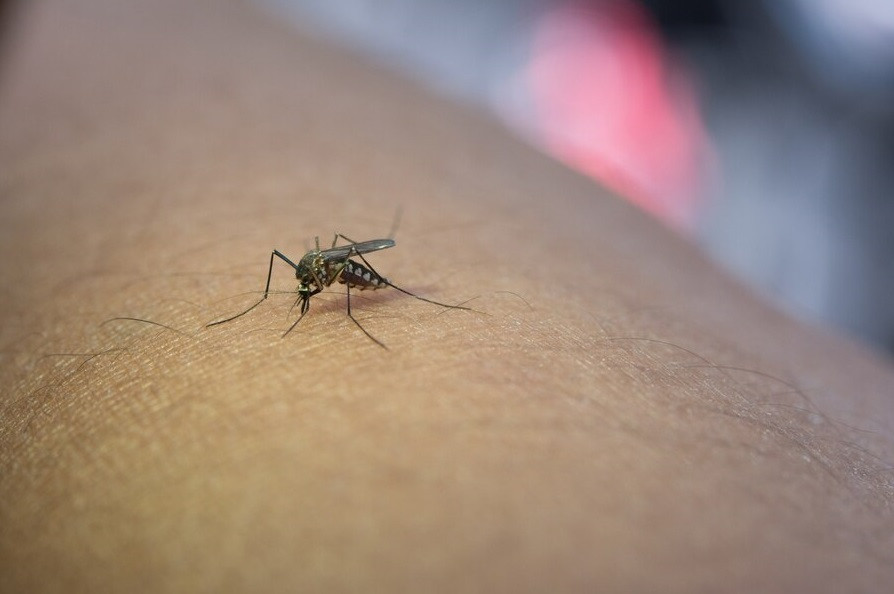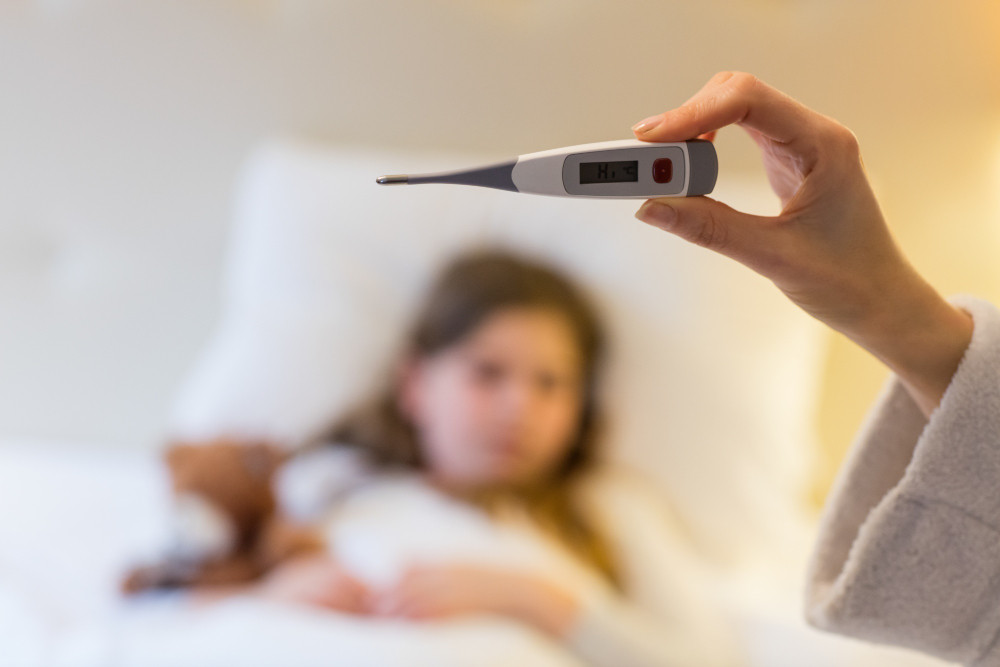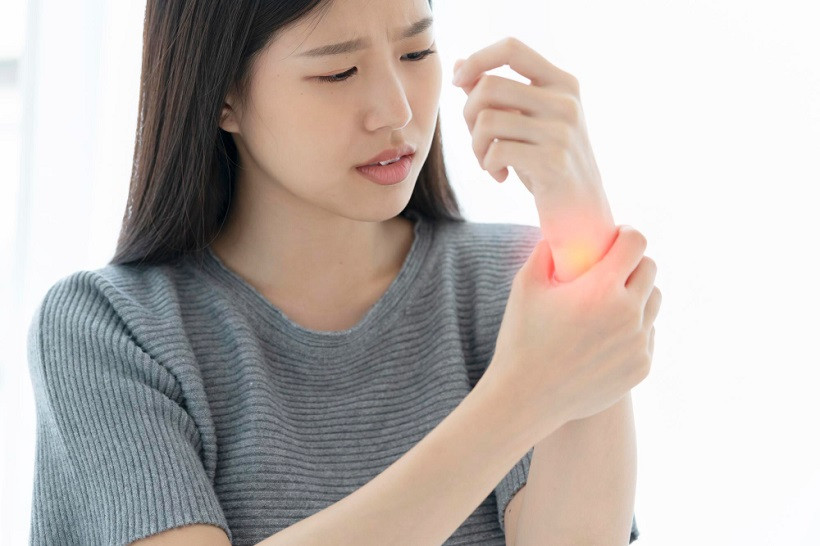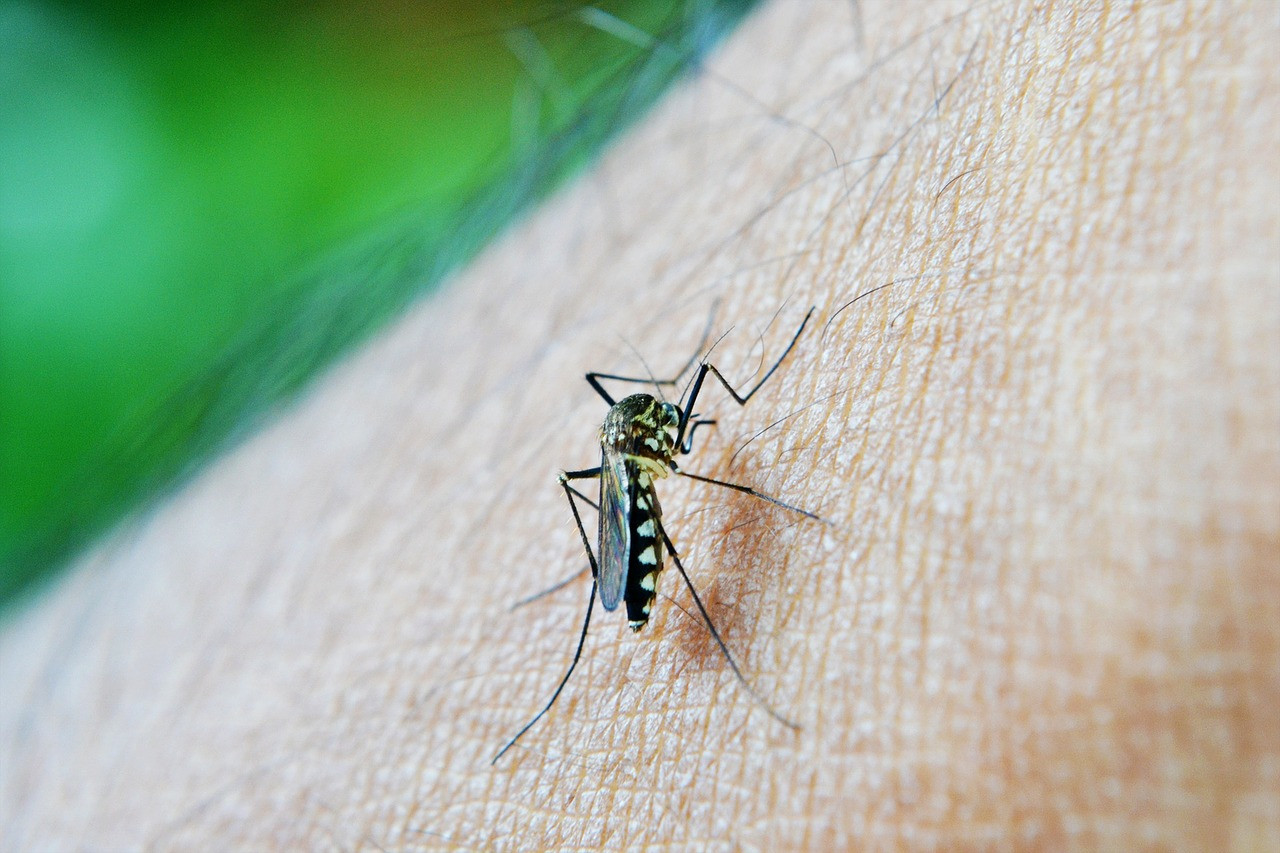Chikungunya is a mosquito-borne disease that cannot be transmitted directly between people. The virus is typically transmitted through the bites of Aedes aegypti and Aedes albopictus mosquitoes. Although the majority of infected people do not die, the symptoms can be agonizing and last for a prolonged period of time.
Symptoms of Chikungunya
Chikungunya symptoms typically appear between 3 and 7 days after being bitten by an infected mosquito. However, in some cases, symptoms may appear within two days or even twelve days of the mosquito bite. The most common primary symptoms of chikungunya infection are:
- Fever that usually starts suddenly
- Severe joint pain affects large joints like the knees, ankles, and wrists. Often, the pain makes movement difficult or painful
- Muscle pain
- Mild swelling in affected joints
- Rash with reddish patches
- Fatigue
Most people experience symptoms for about a week before recovering completely. However, in some cases, chronic joint pain can last for months or even years after the infection has cleared up.
How to treat Chikungunya
There is no specific treatment or antiviral for Chikungunya. The currently available treatments are directed at symptom reduction. The following are some of the recommended Chikungunya symptom management measures:
- Use of Paracetamol
Paracetamol is recommended to treat fever and joint pain associated with chikungunya.
- Avoiding NSAIDs
NSAIDs such as aspirin, ibuprofen, and naproxen should be avoided because they can raise the risk of bleeding in viral infections like dengue fever. As a result, acetaminophen (paracetamol) is a safer alternative for symptom relief.
- Rest and hydrate
Adequate rest and drinking plenty of fluids are essential for the body's recovery from the viral infection and overcoming symptoms like fatigue and dehydration.
- Treatment for joint pain
Corticosteroid drugs, both oral and injectable, can be used to treat joint pain and inflammation. Physical therapy and rehabilitation can help patients improve their flexibility, muscle strength, and range of motion in affected joints. It may also help to reduce stiffness and improve function in the affected joint.
In more serious or chronic cases, doctors may prescribe disease-modifying medications like methotrexate or sulfasalazine. These prescription medications are typically used to treat chronic autoimmune and inflammatory conditions such as rheumatoid arthritis, but may sometimes be considered for cases of chikungunya that cause chronic joint pain
How to prevent Chikungunya
There is no specific vaccine to help prevent Chikungunya. The following steps can help prevent chikungunya infection:
- Clean up potential mosquito breeding sites
- Install mosquito nets on windows and doors to prevent mosquitoes from entering the house
- Wear protective clothing, such as long-sleeved shirts and long pants, especially when outdoors or prone to mosquito bites
- Use mosquito repellents with DEET (Diethyltoluamide), picaridin, or IR3535 (Ethyl Butylacetylaminopropionate) on exposed skin areas
- Avoid leaving stagnant water around the house
- Ensure that water reservoirs are tightly closed
- Work with the community or local government to eliminate mosquito nests and promote overall environmental hygiene
If you experience symptoms of chikungunya, seek medical attention and consult a doctor immediately.
Have other questions about Chikungu? You can make use of the consultation features that are available in the Ai Care application by downloading the Ai Care application from the App Store or Play Store.
Looking for more information about other diseases? Click here!
- dr Nadia Opmalina
Cleveland Clinic (2024). Chikungunya. Available from: https://my.clevelandclinic.org/health/diseases/25083-chikungunya
CDC (2024). Treatment and Prevention of Chikungunya Virus Disease. Available from: https://www.cdc.gov/chikungunya/hcp/treatment-prevention/index.html
WebMD (2022). What Is Chikungunya?. Available from: https://www.webmd.com/a-to-z-guides/what-is-chikungunya
Pritish K. Tosh, MD (2023). What is chikungunya fever, and should I be worried?. Available from: https://www.mayoclinic.org/diseases-conditions/infectious-diseases/expert-answers/what-is-chikungunya-fever/faq-20109686












